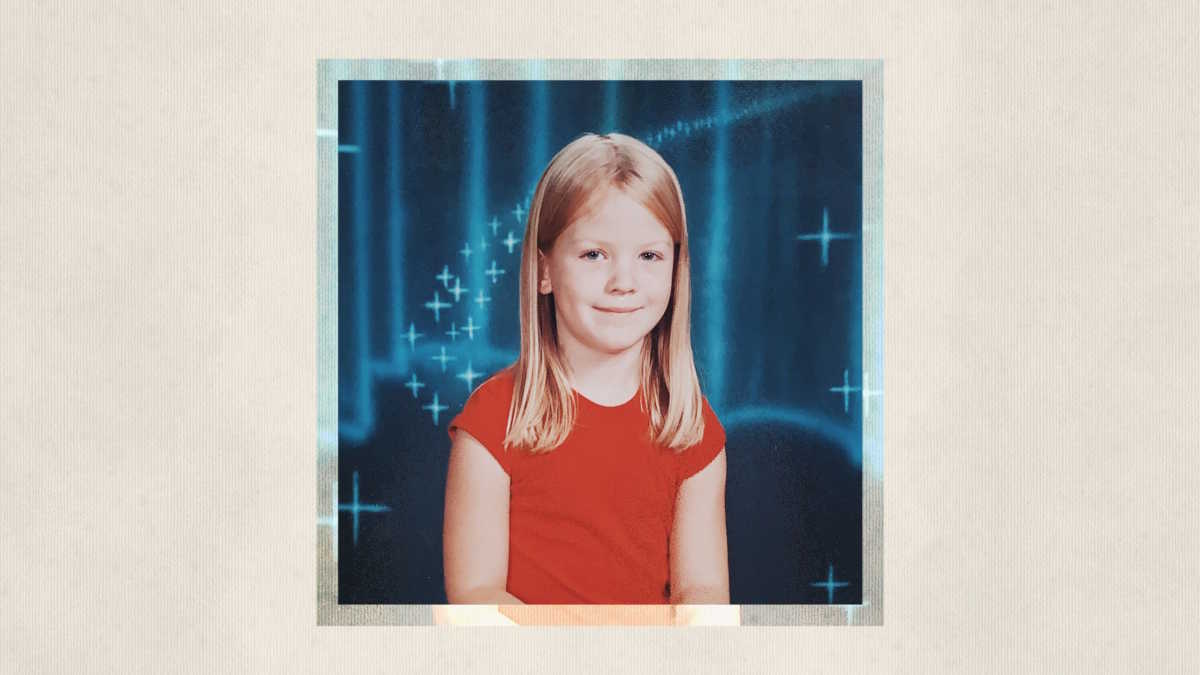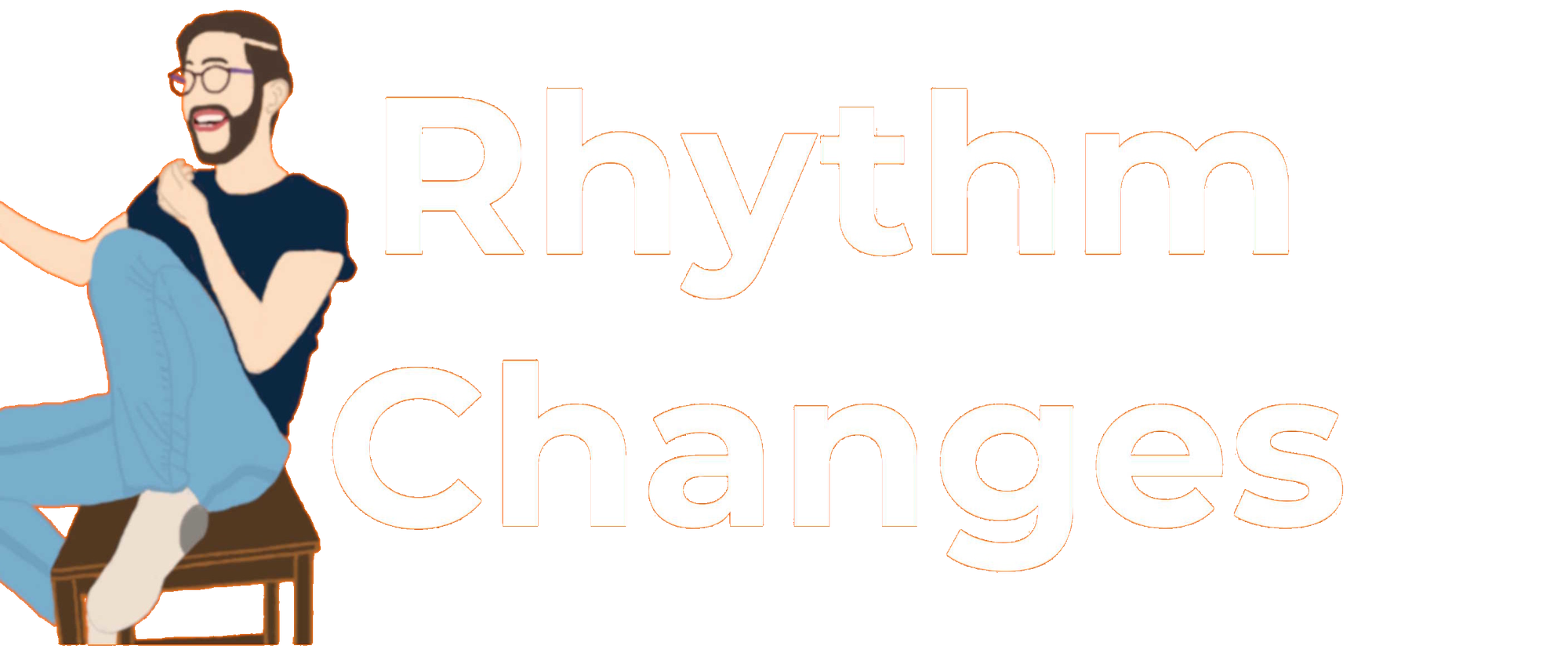Laynah - "Dear Benjamin"
A singer-songwriter opens up her breakthrough single

Laynah is a Canadian singer-songwriter who has lived in both Metro Vancouver and Montreal, and she dropped “Dear Benjamin” on Wednesday, December 16.
She produced the song with her partner, Jesse Daniel Smith.
Maybe Rhythm Changes has a genre brewing, because this song and last week’s song (Pennies for Christmas – Nina Soro) are both smooth 6/8 bops, with cover art of the singers as young kids.
If you like a deep interview with a steady flow of ideas, you’re in for a good one here. So, without further ado, please enjoy my conversation with Laynah.
Interview with Laynah about “Dear Benjamin”
Song meaning
WILL CHERNOFF: What can you tell me about the titular Benjamin?
LAYNAH: It’s a metaphor about me as a child, teen, and young adult, when I was confused about why people didn’t like me and why I couldn’t get certain relationships to work–platonic or romantic.
In grade six, we had a pen pal project. Because I was in French immersion, we paired up with another class–from Quebec–who were learning English. We had to write letters back and forth.
I was excited, because I was so romantic and was like, “I’m going to have a romantic, traditional, pen pal friendship!” I was eager, and this was how I was with my friendships and my relationships: excited, romantic, and eager, but it never worked out!
Benjamin stopped writing. It probably had nothing to do with me. But some of my friends kept their pen pals for a whole year, and one of my friends even chatted online all the time with hers. But Benjamin just stopped, and I was confused. I asked my teacher, “Did my letter come yet?” And it never came!
That’s what “Dear Benjamin” is about: being excited for a relationship and going really hard, like I sent him a photo of myself, and not getting the same reaction.
As a kid I was heartbroken when people didn’t want to be my friend. But it could have nothing to do with me, and that’s probably the case most of the time with people you don’t know very well.
Writing
WC: Walk me through writing the song.
L: I wrote the song in open D. It’s easy to write in, because I can just strum around. It got me back into guitar. It feels so easy.
I write the song and have all the lyrics down. I write it like a letter. Once I have it playable and have all the lyrics, I bring in Jesse [Daniel Smith].
Jesse builds it into a full song, so he adds drums, bass, and does a lot. He knows what I want to a degree, but I give him some inspiration for the vibe, he shows me what he wants [to do], and then we build on it.
I wrote the chorus in the last section [with the vocals], a Mellotron part in the beginning, and twinkly things that added texture. But I wrote the song as if I was writing to Benjamin and to a younger version of myself.
When I say, “one eye is blue and one eye is green,” it’s something that Benjamin wrote in the letter to me in English. I don’t know if he meant that one colour was his favourite and one was his eye colour, or if he had two-toned eyes. I needed to know!
For the lyrics, I tried to take bits of things that happened. The “box in the church” thing is about my friend’s pen pal who called us tabernacle in the online chat.
We were confused about the word and how it was also a thing at the front of the church. We were like, “Why is it bad?”
That’s a metaphor for me being like, “Why is it bad if I act this way? Why is it bad if I’m eager, and why do people act in any way?”
More on production
WC: So you played the acoustic guitar track in open D?
L: Yes, but I may have put a capo on it, and it probably wasn’t D. I wanted to do a song in three. “Dear Benjamin” [as a phrase] just worked in three.
I’ve listened to a lot of Joni Mitchell and Nick Drake, and it feels powerful and resonant in open D. Everything sounds good. You can slide around from one chord to another, and everything flows.
WC: And Jesse played drums?
L: He programmed them! But he does a great job of humanizing them. He also does a great job with riff-based guitar lines.
This song got mastered by our friend John McLaggan in New Brunswick, which was a nice change, working with someone else. He did a great job, and he’s really sweet.
EDITOR’S NOTE: Check out Laynah’s live video of her playing this song solo, in the home studio that she and Jesse Daniel Smith use. You’ll see her play guitar in open D.
WC: Tell me about the bell sounds that bookend the track.
L: I love little Easter eggs where you hear a sound the whole time, and it pops in and out. It doesn’t have meaning, but it does sound like when you leave your car door open and it starts beeping, you know what I mean?
Beyond the song
WC: Got time for a bonus round?
L: Sure! Jesse and I talk about this stuff all the time.
We watch TV while we eat dinner. Most people are like, “Nobody should be doing that. Connect! That’s when humans should be connecting and talking.”
But we talk so much about music that, if we didn’t watch TV while we ate, it would just be constant philosophical conversation. It’d be too much!
WC: I’ve got one more, and it does require a bit of setup, so bear with me. Liz Pelly, who writes music journalism for The Baffler, wrote a piece a while ago called Streambait Pop.
In it, she wrote about three singer-songwriters: “they have each racked up tens of millions of streams and prime playlist placements, specializing in muted, mid-tempo, melancholy pop, a sound that has practically become synonymous with Spotify. It’s a type of music that could easily fit on mood-oriented playlists like “Chill Hits”, “Chill Tracks”, or “Sad Songs”.
What are your thoughts on this phenomenon?
L: Listens to one of the artists named. I haven’t heard of her, but she has 11 million monthly listeners! That’s interesting. Her lyrics are vague, but they still feel like you want to relate to them. It’s so attractive to teenagers. This kind of music is something that teenagers cry to.
It’s hard for me to listen to new music, because I pick it apart. I can’t handle it. That’s how I feel about these mid-tempo sad songs: I feel them trying to manipulate me. Clearly it’s working because they’re on the playlists.
Have you heard of Netflix shows that are meant to be watched while you’re on your phone? Quickly consumed and not thought about. Kind of a sad dystopian thing, but it reminds me of this music.
The “Dear Benjamin” – Laynah takeaway
Much like Laynah can’t turn off the artist’s ear, I’m trying to get better at shutting down the professional’s brain: listening and vibing to people’s music without thinking too much.
But Laynah and Jesse Daniel Smith each check all three of my idea-boxes about developing yourself as a professional artist:
- No-cost. Their home studio, their skills: all it costs them to make music is their time (unless they want to bring in a John McLaggan to master, at their discretion)
- Get feedback often. Laynah has dropped eight singles since April. That’s monthly, and they cover many sounds and genres.
- Have faith in word-of-mouth. These days, that includes the mouth of an algorithm as much as human words. But it’s the one way to grow that can’t make you go broke. At least if you also do the above two.
And when I do manage to just listen and not think about it, I also enjoy the tunes!





